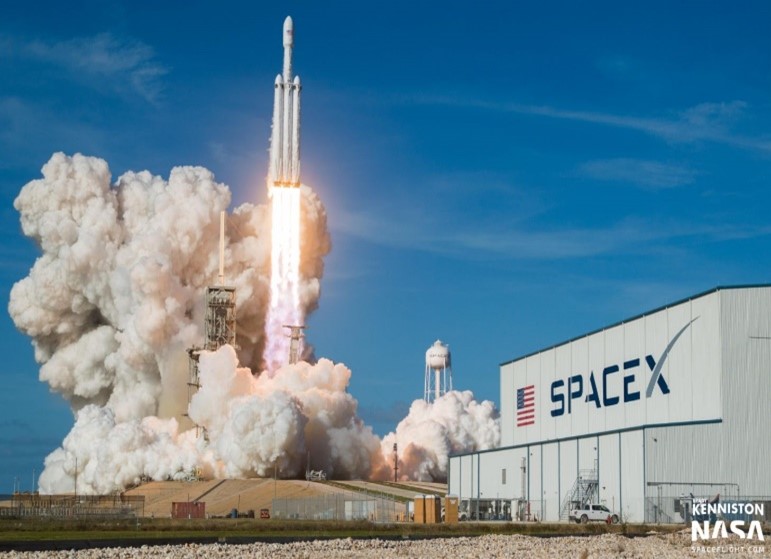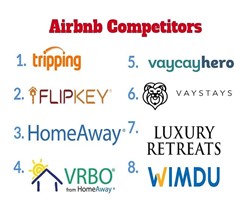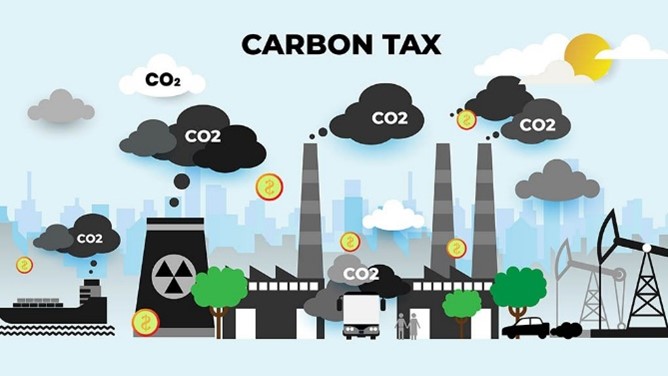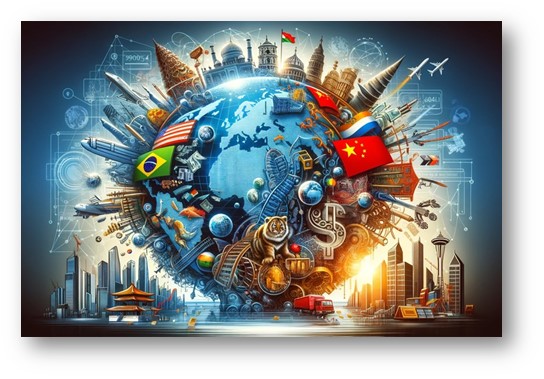Case studies of innovative startups disrupting industries

Case studies of innovative startups disrupting industries
by vivienne 11:06am Jan 04, 2025

Innovative startups often disrupt traditional industries by introducing new technologies, business models, or ways of thinking that significantly alter the status quo. Here are a few compelling case studies of startups that have disrupted their respective industries:
1. Airbnb (Disrupting the Hospitality Industry)
Industry: Hospitality, Travel & Lodging
Disruption: Airbnb revolutionized the travel and hospitality industry by enabling individuals to rent out their homes or apartments to travelers, offering a more personalized and affordable alternative to traditional hotels.
Outcome: As of today, Airbnb has become one of the largest accommodation providers in the world, valued in the billions. It disrupted traditional hotel chains like Marriott and Hilton, changing how people travel and find accommodations.
How They Disrupted:
Peer-to-peer model: Airbnb used a peer-to-peer platform that allowed homeowners and renters to interact directly, bypassing the need for traditional hotel chains and their associated overhead costs.
Affordable options: By offering lodging options at various price points, from shared rooms to luxury homes, Airbnb appealed to a broad range of travelers.
Global reach: The platform grew from a small idea in San Francisco to a global enterprise, quickly establishing itself as a leader in the travel industry.

2. Uber (Disrupting the Transportation Industry)
Industry: Transportation & Ridesharing
Disruption: Uber transformed the taxi and transportation industry by providing a seamless, on-demand ride-hailing service through a mobile app. This model disrupted traditional taxi services, offering customers more convenience and often lower prices.
Outcome: Uber has become a global leader in ridesharing, challenging established transportation models in many countries, and forcing the entire taxi industry to adapt. It has also spawned a wave of similar apps, such as Lyft and Ola.
How They Disrupted:
On-demand rides: By allowing users to hail a ride with the push of a button, Uber eliminated the need for standing on street corners and waiting for a taxi.
Dynamic pricing model: Uber introduced "surge pricing," adjusting fares based on demand, which was a more flexible pricing model compared to traditional fixed fares of taxis.
Driver-partner model: Instead of hiring drivers directly, Uber allowed people to use their own vehicles and become part of the network, thus creating a more scalable workforce.
3. Stripe (Disrupting the Payments Industry)
Industry: Financial Technology (Fintech)
Disruption: Stripe has revolutionized how businesses accept online payments. Before Stripe, integrating payment gateways into websites was complex and required technical expertise. Stripe simplified this process, enabling businesses to accept payments with minimal setup.
Outcome: Stripe has become a dominant player in the payments space, powering some of the world’s most innovative startups like Shopify, Lyft, and Instacart. It also sparked the development of many similar platforms, pushing traditional payment processors like PayPal and Square to innovate.
How They Disrupted:
Developer-focused product: Stripe’s API-based solution made it incredibly easy for developers to integrate payment processing into their websites and apps without needing to deal with traditional payment systems.
Global expansion: It allowed companies to accept payments from customers worldwide in a seamless manner, eliminating barriers for international transactions.
Simplicity and transparency: Stripe’s simple, transparent pricing model and focus on ease of use set it apart from the more cumbersome, old-school payment processors.

4. SpaceX (Disrupting the Aerospace Industry)
Industry: Aerospace & Space Travel
Disruption: SpaceX, founded by Elon Musk, has disrupted the aerospace industry by drastically reducing the cost of space travel and making private space missions more accessible.
Outcome: SpaceX has secured numerous government and private contracts and successfully launched astronauts to the International Space Station (ISS). It is now seen as a leader in space exploration and a major disruptor to traditional aerospace companies like Boeing and Lockheed Martin.
How They Disrupted:
Reusable rockets: SpaceX’s biggest innovation is the development of reusable rockets. By designing rockets that could land and be reused, the company reduced the cost of space travel significantly.
Private space exploration: SpaceX has made space travel and exploration more cost-effective, allowing private companies and governments to afford missions that were previously only within the reach of large governmental agencies like NASA.
Commercial satellite launches: The company pioneered the ability to launch satellites for commercial purposes, which drastically changed the economics of satellite communications and research.

5. Netflix (Disrupting the Entertainment Industry)
Industry: Entertainment & Media
Disruption: Netflix started as a DVD rental service and then revolutionized the entertainment industry with its streaming platform, changing how people consume TV shows and movies. Netflix not only disrupted traditional video rental businesses like Blockbuster but also redefined how entertainment content is delivered.
Outcome: Netflix has become the world’s leading streaming service, with millions of subscribers worldwide, and has forced legacy networks, such as HBO and traditional cable providers, to innovate with their own streaming services.
How They Disrupted:
Subscription model: By offering unlimited streaming for a fixed monthly fee, Netflix eliminated the need for people to purchase or rent individual DVDs.
Original content: Netflix went beyond just offering third-party content and invested heavily in creating original shows and movies, such as Stranger Things and The Crown, changing the dynamics of content creation and distribution.
Global reach: Netflix’s service was expanded to numerous countries, providing content to global audiences with localized subtitles and dubbing.
6. Rivian (Disrupting the Automotive Industry)
Industry: Electric Vehicles (EVs)
Disruption: Rivian, an electric vehicle (EV) manufacturer, has disrupted the automotive industry with a focus on electric adventure vehicles, such as trucks and SUVs, which had not been prioritized by other EV makers like Tesla.
Outcome: Rivian’s IPO and rapid growth have positioned the company as a significant player in the electric vehicle market, competing with Tesla and other traditional carmakers to define the future of electric transportation.
How They Disrupted:
Electric trucks for adventure enthusiasts: Rivian’s vehicles are designed for off-road adventures, a niche market that Tesla and other EV companies were not initially addressing.
Focus on sustainability and innovation: Rivian has positioned itself as a brand focused on both sustainability and cutting-edge technology, appealing to environmentally conscious consumers as well as outdoor enthusiasts.
Partnerships with major companies: Rivian has formed strategic partnerships with companies like Amazon to develop electric delivery vehicles, expanding its presence in the market.

Conclusion:
These startups have disrupted industries by leveraging innovation, technology, and fresh business models to address customer pain points and create value in new ways. They’ve not only transformed their sectors but also influenced the broader entrepreneurial landscape, inspiring the creation of similar businesses that continue to challenge established players.






